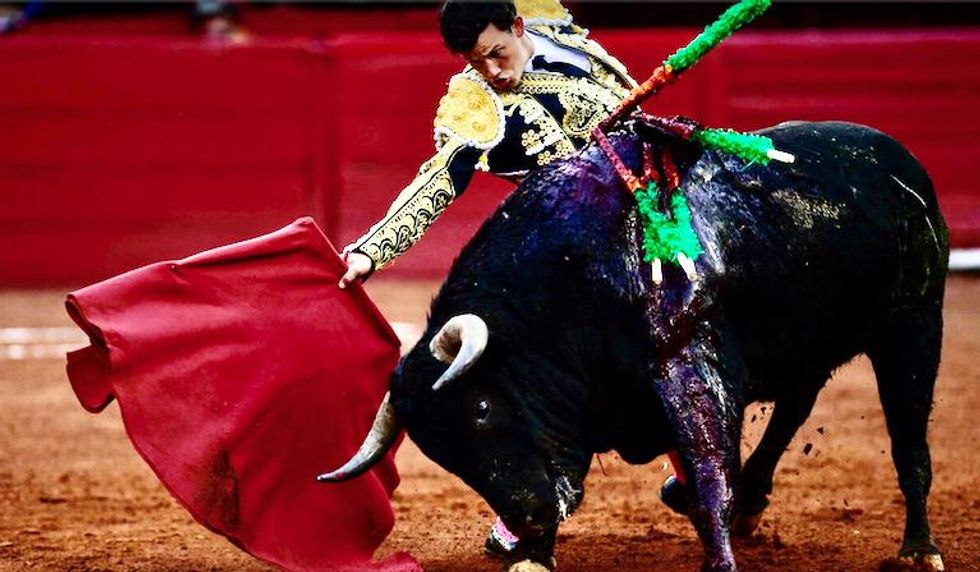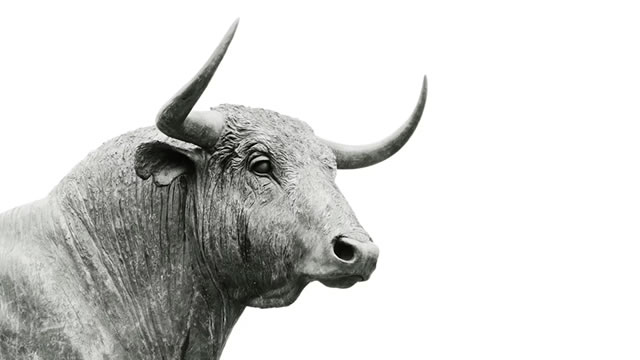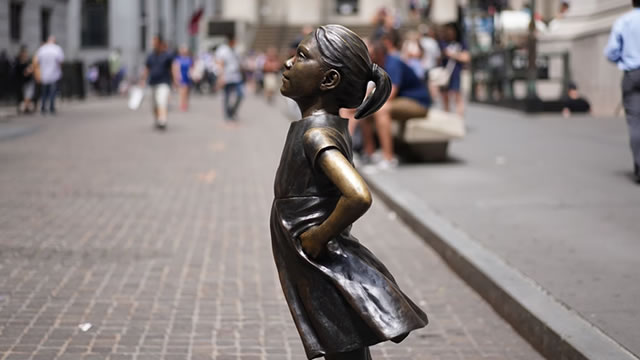Colombia Bans Bullfighting: A Victory for Animal Rights
What Does This Mean for Colombia?
In a historic move, Colombia’s congress passed a bill on Tuesday banning bullfighting, a controversial yet popular pastime in the South American country. This decision comes after years of debate and protests from animal rights activists who have long condemned the brutal treatment of bulls in the name of entertainment.
Leftist President Gustavo Petro, who must still approve the bill, applauded lawmakers for taking a stand against this cruel practice. With hundreds of bullfighting events drawing thousands of spectators every year, Colombia has been a hub for bullfighting culture in South America. However, this new legislation signals a significant shift towards a more compassionate society.
The lower house overwhelmingly voted in favor of the ban, with a 93-2 majority, setting the stage for bullfighting to be prohibited starting in 2027. If the bill is signed into law, Colombia will join a growing number of countries around the world that have outlawed this traditional but contentious form of entertainment.
How Will This Impact Me?
As a resident or visitor in Colombia, the ban on bullfighting may lead to changes in the cultural landscape of the country. Traditional bullfighting events that have long been a part of Colombian heritage will no longer be permitted, potentially sparking conversations about the ethical treatment of animals and the future of entertainment in the region.
For those involved in the bullfighting industry, such as breeders, matadors, and event organizers, this decision will have a direct impact on their livelihoods. They may need to seek alternative forms of employment or entertainment to fill the void left by the absence of bullfighting.
How Will This Impact the World?
Colombia’s ban on bullfighting sends a powerful message to the global community about the importance of animal rights and ethical treatment of animals. By taking a stand against a long-standing tradition that has been criticized for its violence and cruelty, Colombia is setting an example for other countries to rethink their support of similar practices.
This decision could also fuel further momentum for animal rights activists worldwide, encouraging them to push for similar bans on bullfighting and other forms of animal exploitation. It demonstrates that public opinion is shifting towards a more compassionate and humane approach to entertainment, paving the way for a more ethical future for animals everywhere.
Conclusion
Colombia’s ban on bullfighting is a significant victory for animal rights and a step towards a more compassionate society. By outlawing this controversial practice, Colombia is taking a stand against cruelty and setting an example for the rest of the world to follow. This decision will undoubtedly have far-reaching impacts on the cultural landscape of Colombia and the global conversation around animal welfare.





